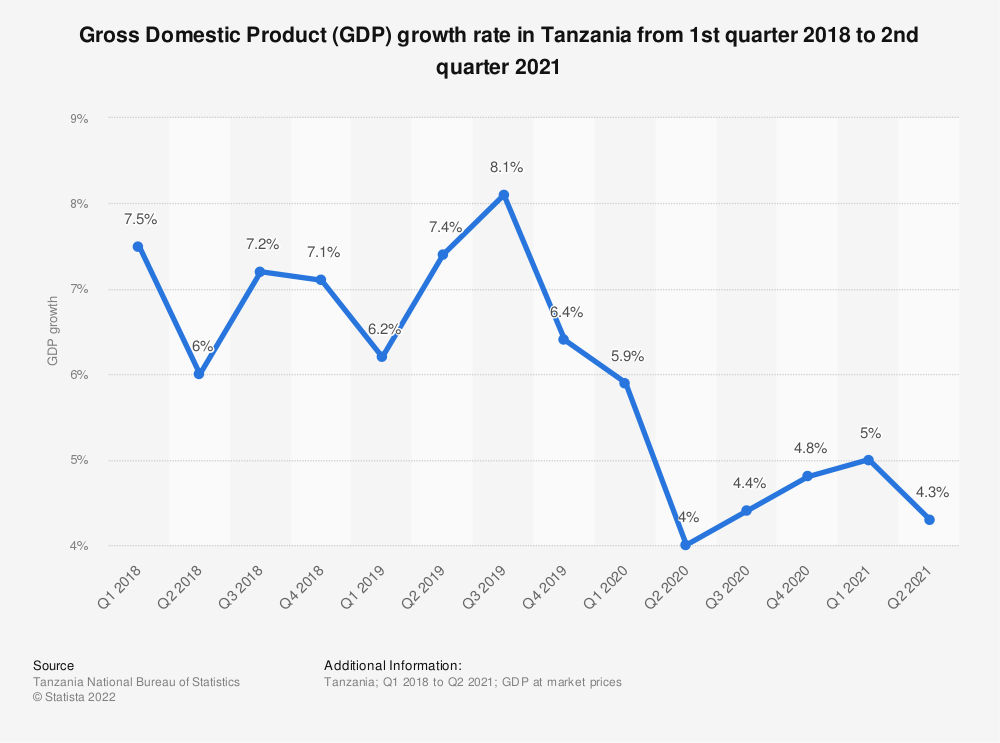Imperative Strategies for Thriving in Tanzania’s Evolving Business Landscape
The business landscape is evolving unprecedentedly, with digital transformation at its heart. Strategic initiatives fostering growth and innovation are essential for any business to thrive in this rapidly changing environment.
These strategies can encompass the establishment of new partnerships, the identification of emerging markets, and the harnessing of digital technologies to drive growth and efficiency.
In the context of the Tanzanian economy, this digital transition is not merely an option but a necessity for businesses to stay relevant. As of 2021, internet penetration in Tanzania stood at 46.8%, projected to rise steadily over the next few years. Consequently, companies that have yet to embark on their digital journey or are not considering doing so may miss out on vital opportunities presented by this digital era.
The term ‘digital economy’, coined by Deloitte, refers to the economic activities resulting from the ubiquitous online connections between people, businesses, devices, and processes. Hypoconnectivity – the extensive interconnectedness born out of the Internet, mobile technology, and the Internet of Things (IoT) – is the digital economy’s backbone.
Embracing the Digital Economy for Transformation and Growth in Tanzania
This digital paradigm shift challenges traditional business models, forcing them to reassess how they are structured, interact with customers, and deliver services. Take, for instance, Uber, the largest taxi company globally, which owns no cars. Facebook, the largest media company, produces no content. Alibaba, the most valuable retailer, has no inventory. And Airbnb, the leading accommodation provider, owns no property. These successful entities raise compelling questions:
What sets them apart? How have they successfully reinvented their industries’ boundaries and value propositions? What lessons can other businesses learn from them, and what digital transformations can they implement?
Tanzanian businesses stand to benefit significantly by leveraging the digital economy’s power. For many, digitization begins with establishing a social media presence. However, it’s crucial to understand that while social media platforms offer an avenue for digital marketing, they represent just a fraction of what it means to be a digital entity. Truly embracing the digital economy requires substantial investment in time, technology, and resources.
Tanzania’s gross domestic product (GDP) growth rate was 4.3% in 2021, demonstrating steady progress despite global economic challenges. To sustain and accelerate this growth, Tanzanian business developers must proactively navigate the digital economy’s current and future landscape.

The COVID-19 pandemic accelerated the pace of digital adoption globally, increasing emphasis on digital consumption. Consumer behaviours have irreversibly shifted towards remote work, online purchasing, virtual meetings, and digital investments. Tanzanian businesses must adapt to these changes to remain competitive and relevant.
Several areas warrant particular attention as businesses contemplate the present and future landscape of digital economy-centric business development. The Internet of Things (IoT) offers unprecedented data collection and analysis opportunities, leading to more informed business decisions. Enhanced customer experiences can be achieved through personalised offerings made possible by AI and data analytics.
Digital spaces provide new platforms for engagement and commerce, while improved file management systems can lead to increased efficiency. Organizational changes may be needed to embrace digital workflows fully, including adopting virtual engagements and building trust in digital systems.
In conclusion, digital transformation is no longer a luxury but a necessity for businesses in Tanzania. Harnessing the potential of digital technologies and spaces, coupled with a clear vision and strategic implementation, will ensure companies’ longevity and contribute to the overall growth of Tanzania’s economy. The future of work has undoubtedly shifted towards the digital realm, and the Tanzanian economy must align itself with this shift to continue thriving.

